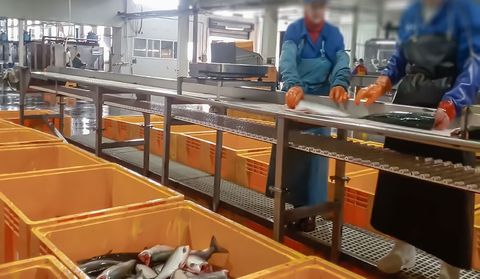ETHICS
Sustainability & Environment
Sustainability & Environment
Aquaculture is one of the fastest growing food production sectors in the world and forms a large part of the global solution to environmentally sustainable food production.
The growing demand for fresh fish has increased in recent years, and our oceans simply cannot produce enough to fulfil the current and increasing demand. Aquaculture, the cultivation of marine and freshwater finfish and shellfish, is one of the solutions to this demand.
Aquaculture and salmon farming play an important role in the economies of the many areas that have transformed a popular food resource into a modern and competitive industry. The local and global economic benefits created by the aquaculture industry contribute to the value of salmon as well as the role it plays in a healthy and well-rounded diet.
The salmon farming industry often accounts for a large percentage of jobs in rural areas, which demonstrates that the industry aids rural economies by providing an answer to the common problems of economic development, stabilization of communities and loss of population.
Like any other food production industry aquaculture poses a certain level of risk to the environment, and, like these other agriculture production systems, ocean-farming must stand up to rigorous environmental evaluation. As a result, aquaculture, a relatively new and rapidly evolving form of food-production, has been the subject of many intensive environmental assessments.
These assessments have consistently found that aquaculture poses a low risk to the environment, and its environmental impacts are localized, temporary and fully reversible through natural processes. The industry continuously works with governments to ensure aquaculture remains a sustainable and well-managed component of the coastal economy and environment.
The minimal environmental risks of aquaculture are balanced by the benefits it provides, such as fulfilling a demand for fresh fish year-round. Farm-raised aquaculture species like salmon, shrimp, tilapia and catfish, to name just a few, represent one very important way to feed the world in the 21st century.
Aquaculture is one of the fastest growing food production sectors in the world and forms a large part of the global solution to environmentally sustainable food production.
The growing demand for fresh fish has increased in recent years, and our oceans simply cannot produce enough to fulfil the current and increasing demand. Aquaculture, the cultivation of marine and freshwater finfish and shellfish, is one of the solutions to this demand.
Aquaculture and salmon farming play an important role in the economies of the many areas that have transformed a popular food resource into a modern and competitive industry. The local and global economic benefits created by the aquaculture industry contribute to the value of salmon as well as the role it plays in a healthy and well-rounded diet.
The salmon farming industry often accounts for a large percentage of jobs in rural areas, which demonstrates that the industry aids rural economies by providing an answer to the common problems of economic development, stabilization of communities and loss of population.
Like any other food production industry aquaculture poses a certain level of risk to the environment, and, like these other agriculture production systems, ocean-farming must stand up to rigorous environmental evaluation. As a result, aquaculture, a relatively new and rapidly evolving form of food-production, has been the subject of many intensive environmental assessments.
These assessments have consistently found that aquaculture poses a low risk to the environment, and its environmental impacts are localized, temporary and fully reversible through natural processes. The industry continuously works with governments to ensure aquaculture remains a sustainable and well-managed component of the coastal economy and environment.
The minimal environmental risks of aquaculture are balanced by the benefits it provides, such as fulfilling a demand for fresh fish year-round. Farm-raised aquaculture species like salmon, shrimp, tilapia and catfish, to name just a few, represent one very important way to feed the world in the 21st century.



